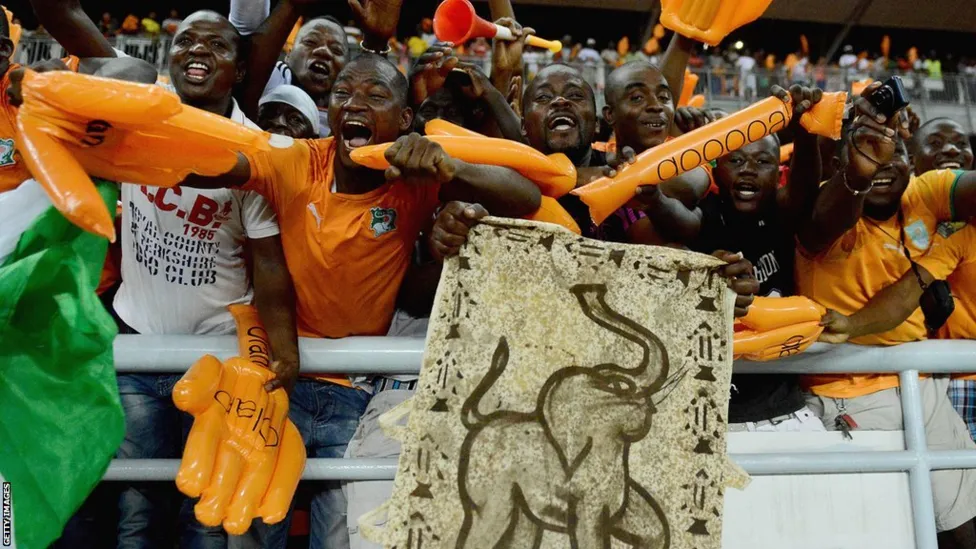Ivory Coast’s hosting of the 2023 Africa Cup of Nations will further accelerate the country’s impressive rebound since its civil war ended in 2011, the Ivorian government hopes.
By its own admission, the government has invested at least $1 billion on hosting the tournament, which kicks off on Saturday, having built four new stadiums while renovating two others.
In addition, airports, roads, hospitals and hotels have been either constructed or upgraded in the five cities that will stage matches; Abidjan, Bouake, Korhogo, San Pedro and the capital Yamoussoukro.
In the West African nation’s biggest rebuilding exercise since the civil wars of 2002-2007 and 2010-11, some of the massive spend stems from a $3.5bn loan taken out, external with the International Monetary Fund (IMF) last April.
Yet with Ivory Coast ranked as the world’s 138th richest nation out of 190 by the IMF, the outlay is a concern for some – even though Ivory Coast has experienced an average growth of 8% per annum since President Alassane Ouattara, a former IMF employee, took power in 2010.
“Ivory Coast is a poor country,” Prao Yao Seraphin, an Ivorian economics professor, told BBC Sport Africa.
“As a result, President Ouattara has had to take out loans to finance this project, so we have to ensure the loans actually benefit Ivory Coast. The country will have to maintain the infrastructure.
“If we’re not careful and don’t think about creating events to boost revenues from our stadiums, I fear the country of the elephant will produce white elephants.”
The term ‘white elephants’ – derived from an old Thai custom of giving such expensive-to-keep animals to the monarch – is regularly applied to costly infrastructure projects whose financial upkeep outweighs their usefulness.
So will Ivory Coast, once home to one of Africa’s largest population of elephants and which takes its name from their tusks, suffer such a plight?
